THYROIDITIS
Thyroiditis is the inflammation of the thyroid gland which can be due to many reasons such as infection, trauma, autoimmune disease, or postpartum causes.
CLASSIFICATION OF THYROIDITIS:
1) SUBACUTE THYROIDITIS:
It is also known as De Quervain thyroiditis or Granulomatous thyroiditis. In this type of case, inflammation of the thyroid gland can occur very rapidly within hours or days. Most commonly it can occur due to viral infection.
The most common viruses linked with subacute thyroiditis are adenovirus, mumps virus, or coxsackievirus.
RISK FACTOR:
1) HLA- Bw 35 gene-positive person.
2) Females are at higher risk than males.
3) Summer months.
PATHOLOGY AND PATHOGENESIS:
1) Enlargement of the thyroid gland.
2) Presence of inflammatory cells.
CLINICAL FEATURES:
1) Fever
2) Malaise (feeling tired or weak)
3) soreness or pain in the anterior neck (front portion of the neck). This pain may radiate to one or both ears and may also radiate to the angle of the jaw.
4) palpitation ( awareness of own heartbeat) can be present.
5) Excessive sweating
6) Felling nervous.
7) Tenderness (pain) can be felt if pressure is applied over the thyroid gland.
8) Hyperreflexia
9) Tremor
10) Tachycardia
LABORATORY INVESTIGATION:
1) In starting of the disease FT4 and T3 levels start increasing and TSH levels start decreasing as the disease progresses the FT4 and T3 levels start decreasing and TSH level increases due to which the patient can start showing symptoms of hypothyroidism.
2) Radioactive iodine uptake (RAIU) can be low during the starting of the disease and as the disease progresses its level starts rising which is suggestive of recovery of the gland from acute insult.
DIFFERENTIAL DIAGNOSIS:
Subacute thyroiditis patient complaints of thyroid pain which is absent in graves disease.
Absence of thyroid antibodies in subacute thyroiditis.
TREATMENT:
In most cases, NSAIDs are enough to manage the symptoms.
In severe cases, steroids like prednisone are added.
If hyperthyroidism symptoms are causing trouble to the patient then a beta-blocker can be started for the patient.
During the hypothyroidism phase, anti-thyroid medication can be given if symptoms are not tolerated by the patient.
2) CHRONIC THYROIDITIS:
Hashimoto thyroiditis and Lymphocytic thyroiditis are the common types of chronic thyroiditis.
It is responsible for the goiter of children.
PATHOGENESIS:
Hashimoto thyroiditis is an immune-mediated disorder in which lymphocyte become sensitive to thyroid antigen and this leads to the formation of autoantibodies.
The autoantibodies formed in this disorder are TG Ab ( Thyroglobulin antibodies), TPO Ab (Thyroid peroxidase antibody), and TSH-R- blocking Ab ( Thyroid-stimulating hormone receptor blocking antibody).
In Hashimoto thyroiditis, the normal thyroid gland shape is lost due to the infiltration of lymphocytes. Due to this T3 and T4 level decreases with an increase in TSH level.
This disorder can lead to Graves disease or idiopathic myxedema.
SIGNS AND SYMPTOMS:
Mostly a painless swelling develops in front of the neck and it is more common in females.
The atrophic thyroid gland occurs in mostly older patients.
LABORATORY INVESTIGATION:
TG Ab is significantly elevated, and TPO Ab is slightly elevated but with the progression of the disease TG Ab starts decreasing but TPO Ab is present for a long duration.
TSH-R- blocking Ab is present in atrophic thyroiditis and Myxedema.
FNAB (Fine needle aspiration biopsy) can show lymphocytic infiltration).
TREATMENT:
A patient diagnosed with Hashimoto thyroiditis can be given medication in case of goiter or when TSH levels are higher and causing symptoms.
T4 can be given in hypothyroidism conditions.
Beta-blockers can be given during the hyperthyroidism phase if symptoms are persistent.
SUMMARY:
It is a serious disease which requires medical attention so that further inflammation of the thyroid gland can be stopped.
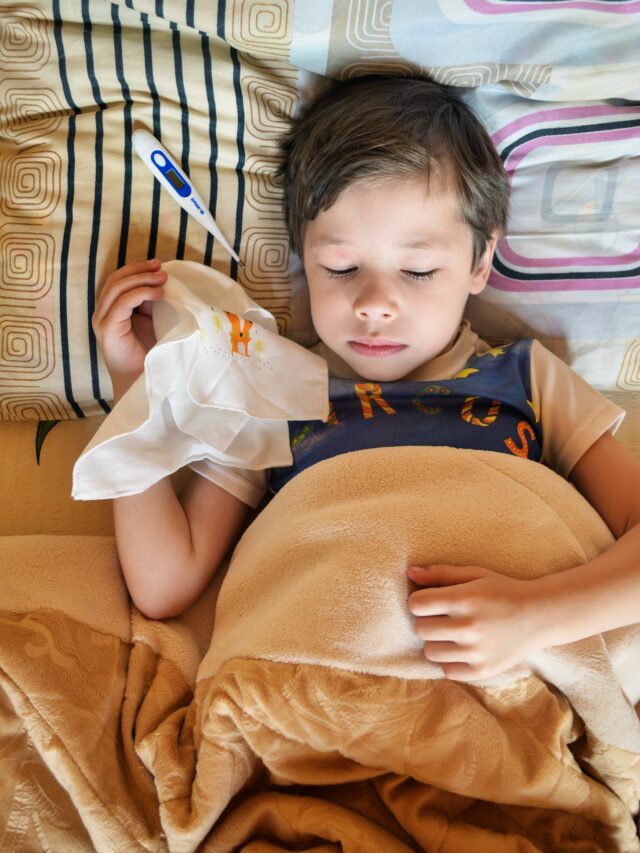
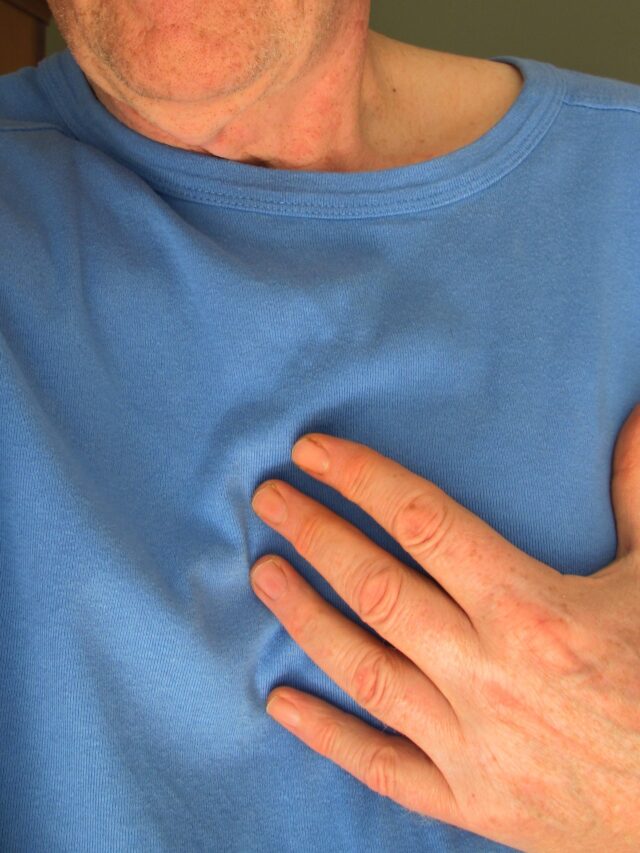
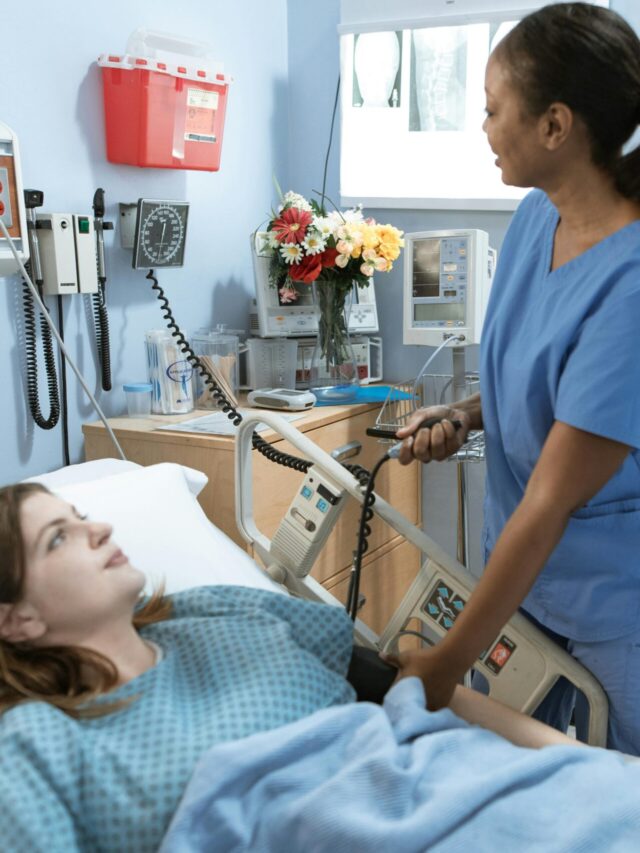




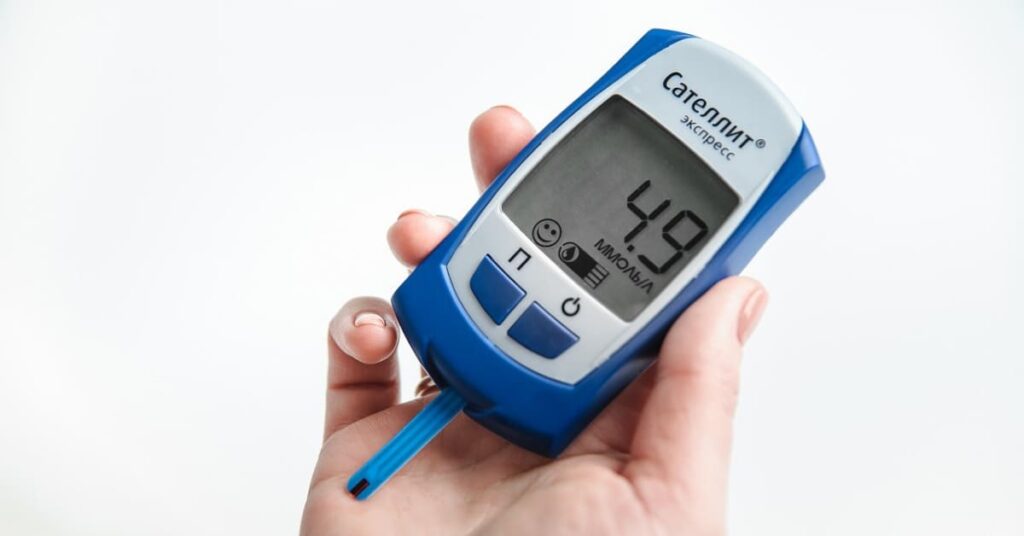
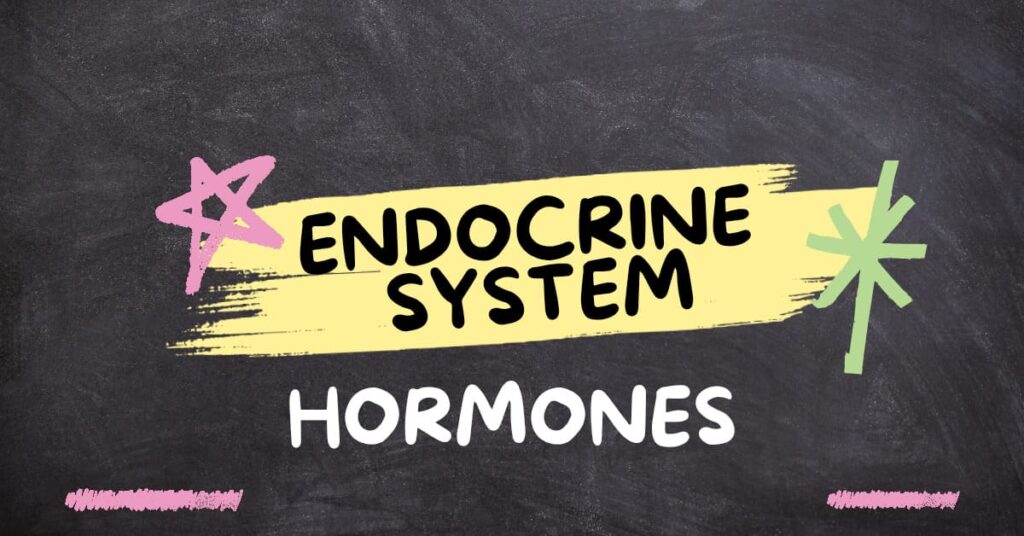
It is what I was searching for is really informative.sce rheumatology It is a significant and useful article for us. Thankful to you for sharing an article like this.
Clearly, It is an engaging blog for us which you have provided here about chiropractic treatment in pj This is a great resource to enhance knowledge about it. Thank you.